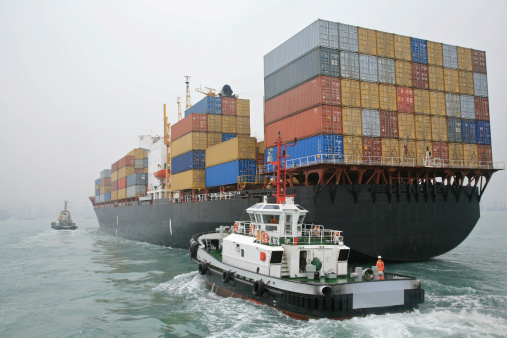Donald Trump’s trade war with China Is about to drop a bomb on the foundation of the U.S. economy: the American consumer.
That’s according to a new study by the mega-bank and financial services company JP Morgan, as reported Tuesday by the Washington Post.
Morgan researchers concluded that Trump’s tariffs on consumer goods from China leaves “the average household facing up to $1,000 in additional costs each year,” the Post says, adding that consumer spending “fuels about 70 percent of the U.S. economy.”
Most costs of the president’s previous rounds of tariffs fell on U.S businesses and their supply chains, softening the direct impact on consumers.
“But that’s about to change with the 10 percent levies on roughly $300 billion in Chinese imports, about a third of which will take effect Sept. 1. Those tariffs will primarily target consumer goods,” the Post says. Trump has warned that those tariffs could later jump to 25 percent, which Morgan believes could increase household costs to $1,500 a year.
Even Trump, who previously insisted — wrongly — that the Chinese would foot most of the tariff bill, was forced to admit the truth: beginning next month, and expanding in mid-December, American families will be paying much of the price.
Trump initially wanted all the new consumer-goods tariffs to take effect in September, but was convinced that sudden boosts in the price of Chinese-made goods like laptop computers, video games and shoes could severely impact the holiday shopping season. Hence the delay in imposing the tariffs on such goods until December.
“For consumers, the tariffs fallout will be big enough to erase the benefits of Trump’s 2017 tax cuts,” the Post says, citing the Tax Policy Center.
For the economy, the threat is clear: if consumers have less money to spend, they’ll cut back on anything they deem unnecessary. And there’s no obvious way to shore up that softened outlook.
“Unlike the agriculture sector which is receiving subsidies/aid to offset the impact of China’s retaliatory actions, there is no simple way to compensate consumers,” the Morgan team wrote last week, according to the Post.
As a result, consumer-oriented companies like Home Depot and Macy’s have reduced their profits outlook.
“Macy’s chief executive Jeff Gennette told CNBC that its customers had ‘very little appetite’ for higher costs when the company tried them on goods like luggage and furniture after previous rounds of penalties,” the Post says.
